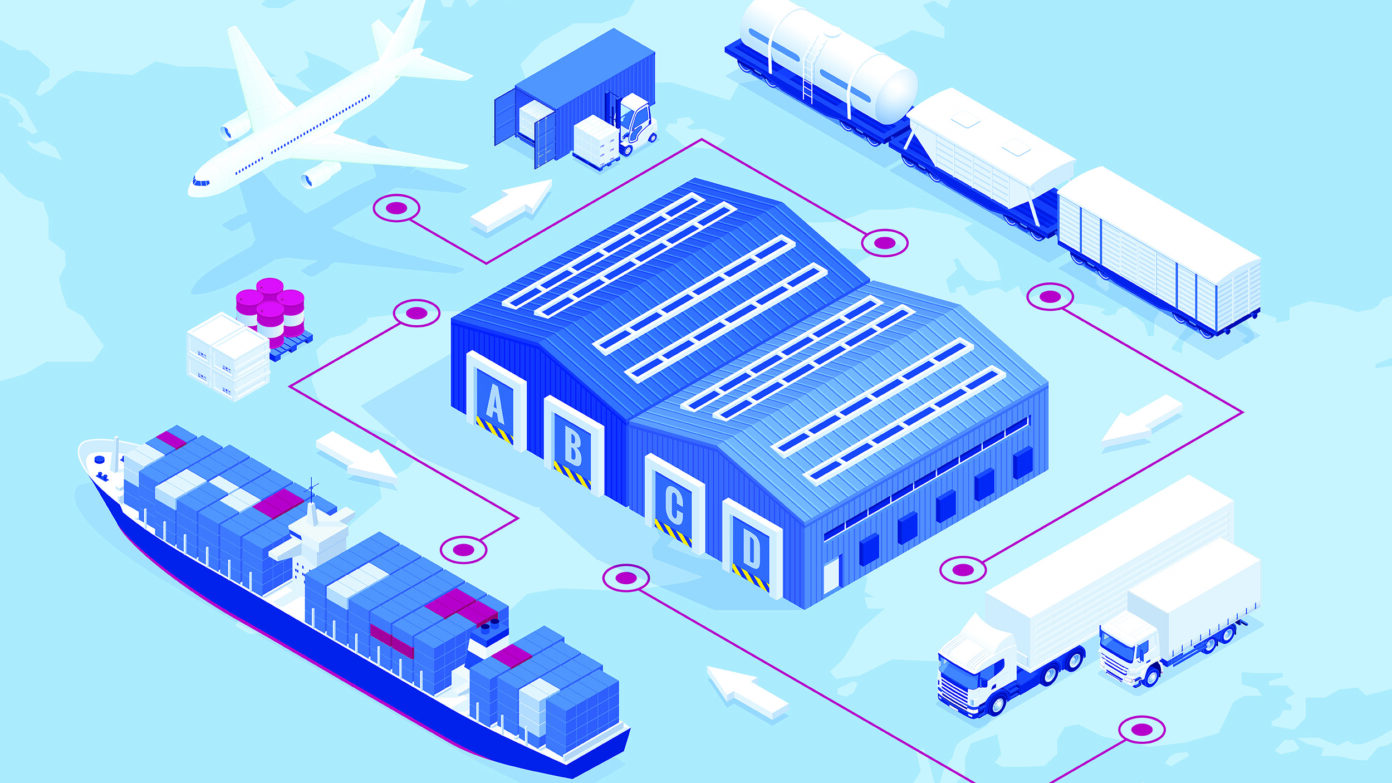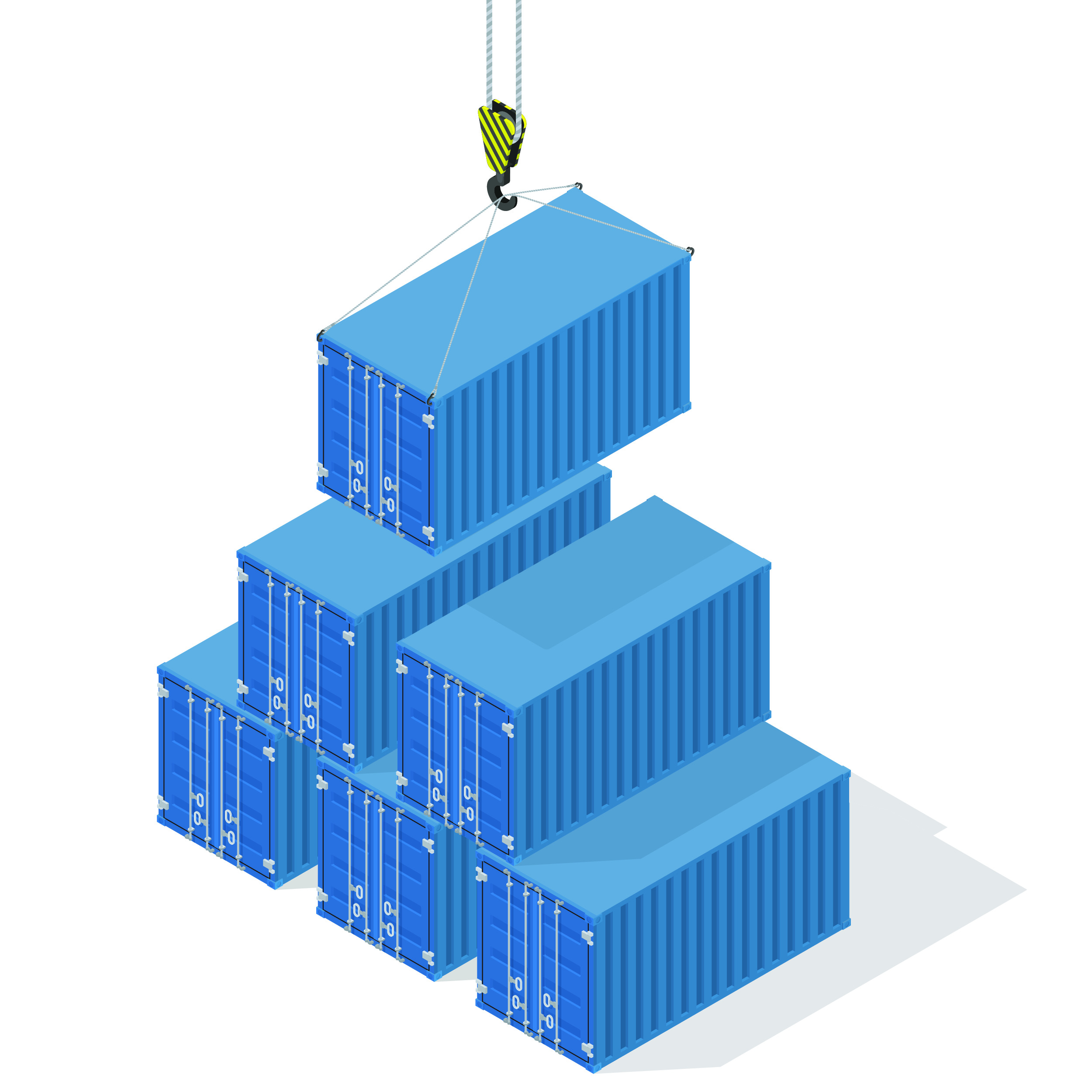Global trade faces a USD3.4 trillion financing gap


New research shows the pandemic-related disruption throughout the global economy has caused the global trade finance gap to skyrocket
SMEs in emerging economies are the hardest hit. They already faced the highest rates of rejection for trade finance; Covid-19 has exacerbated this further

Small-medium enterprises (SMEs) have long struggled to access trade finance due to a combination of factors including creditworthiness, collateral requirements, short-term liquidity, and political or currency risk.
Over time, this has led to a global trade finance gap that is now growing following the outbreak of COVID-19.
The impact of this global trade finance gap is serious. It is a major impediment toward reducing poverty and minimising inequality – two areas that the UN’s Sustainable Development Goals (SDGs) set out to eradicate back in 2015.
In 2019, the Asian Development Bank estimated the global trade finance gap was already at a staggering USD 1.5 trillion, but amid the fallout from Covid-19 this figure has skyrocketed.
New research from the International Chamber of Commerce (ICC) estimates a capacity of USD 1.9 to USD 5 trillion in the trade credit market is necessary simply to return to 2019 levels. Factoring in this estimation along with the existing 2019 trade finance gap (USD$1.5 trillion) means that, we now need between US 3.4 trillion and US 6.5 trillion to be able to meet the SDGs. In the ongoing debate as to how this can be achieved, the role that banks can play should not be overlooked.

While the barriers to accessing trade finance impacts all countries, it is SMEs in emerging markets that are impacted the most. A report by the Asian Development Bank (ADB) in 2019 shows that over 40 per cent of trade finance applications by SMEs faced rejection. The Organization for Economic Co-operation and Development (OECD) supports this, stating that, “SMEs remain underrepresented in global trade ….” The irony is, in emerging economies, SMEs are the largest employers and economic contributors. According to the World Economic Forum (WEF) a lack of access to trade finance is a top-three export barrier for half of the world’s countries – particularly the poorest ones.
In an interview, Deborah Elms, Executive Director of the Asian Trade Centre agreed:
“If SMEs in emerging markets do not have access to financing–trade and other types of financial support–they will not survive the pandemic. Given the overwhelming importance of SMEs, this is a critical gap that must be filled by banks and other financial institutions. Business as usual will not work. Financial institutions have to get creative about how to get money into the hands of the smaller firms that need it most.” – Deborah Elms, Executive Director, Asian Trade Centre

As crucial providers of trade finance, banks need to take concerted action toward reducing the trade finance gap. The importance becomes even more pronounced when considering the immense potential for trade growth, especially in emerging economies.
Standard Chartered’s Trade20 report launched in September 2019, highlights that, emerging markets are quickly building momentum in boosting their trade prowess, giving them high growth potential relative to their size.
Commenting on the report’s findings at its launch, José Viñals, Group Chairman, Standard Chartered said:
“The Trade20 index points towards the strong potential of a number of markets outside the China-US-Europe trade axis. With rising protectionism casting a shadow over the future of world trade, it is encouraging that many emerging markets are still improving their trade growth potential for the medium term, forging new regional trade deals to make this happen.” – José Viñals, Group Chairman, Standard Chartered
Highlighting this urgency, the World Trade Organization, in conjunction with six multilateral development banks, issued a joint statement in July 2020 committing to support trade finance, and they are urging other banks to join in.
The joint statement acknowledged that, “…trade finance shortages impede imports of essential food and medical goods as well as exports of key income-generating products. Such shortages disproportionately weigh on the micro, small and medium-sized enterprises (MSMEs) that account for the bulk of employment, which means they have a particularly strong effect on the livelihoods of poor people.”
To overcome the financing hurdles faced by SMEs, technology will play an important role. One promising and sometimes overlooked solution is blockchain. A common misconception is that blockchain can only be used by large companies, but it can also be a game changer for SMEs in their quest for trade finance. Enterprise grade blockchain such as Corda, eliminates inefficient paper-based processes, and ensures regulatory compliance while its irrevocable and easily auditable ledger function means it has the potential to improve transparency among transaction parties while preserving data privacy.
Standard Chartered recognised this potential and invested in Contour, a blockchain-based industry platform focused on digital letters of credit (L/Cs). The investment led to several successful pilots, including the first yuan-denominated L/C using blockchain. The bank is now exploring the possibility of launching guarantees for clients in emerging markets.
The bank has shown that its digital drive has a much higher degree of urgency compared with before. Tim Zhang, Director, Global Trade Digital Product Management at Standard Chartered, said, “The COVID-19 situation has led to the realisation in the business community that digitisation is no longer a mere efficient play, but also a resilient play”.
Standard Chartered has also upgraded their data capabilities to improve financing to underserved clients. Ashish Kohli, Standard Chartered’s Director of Ecosystem Program Management, said: “Current processes are focused on assessing risk based on credit risk models and placing emphasis on regulatory requirements. This approach may put smaller enterprises at a disadvantage as consideration is not given to other significant risk factors. To even out the disadvantage, Standard Chartered has constructed a risk assessment model that is also performance based, which considers SME transaction information and therefore can support suppliers by considering their past track records.”
Standard Chartered Bank is using the power of machine learning and big data analytics to extend financing to suppliers which have traditionally struggled to obtain formal financing.
Among the suite of banking products available, trade finance is one of the casualties of the COVID-19 outbreak. However, banks have an immense opportunity to channel capital to where it is needed most. And, the hard truth is, unless banks and financial institutions take concerted action toward reducing the trade finance gap, the chance of achieving the SDGs is under threat.
By deploying technology and process improvements in tandem, an opportunity exists for banks to help bridge the growing trade finance gap. This will enable SMEs to fulfill their role as the much-needed engines of economic growth. Most importantly, by doing so, the world will be one step closer toward alleviating poverty and inequality.

From the phone in your pocket to the food you eat, trade is more than a contributor to our comfortable…
From well-travelled trash to smuggled animals, there is more to global trade than meets the eye
Ninety per cent of what you buy comes to you by sea. We explore why cargo ships are a vital…
Can global trade overcome a banana pandemic, piracy and the need to ship car parts in luggage?
Our planet is warming at a dangerous rate. What impact is this having on trade, and the communities who rely…